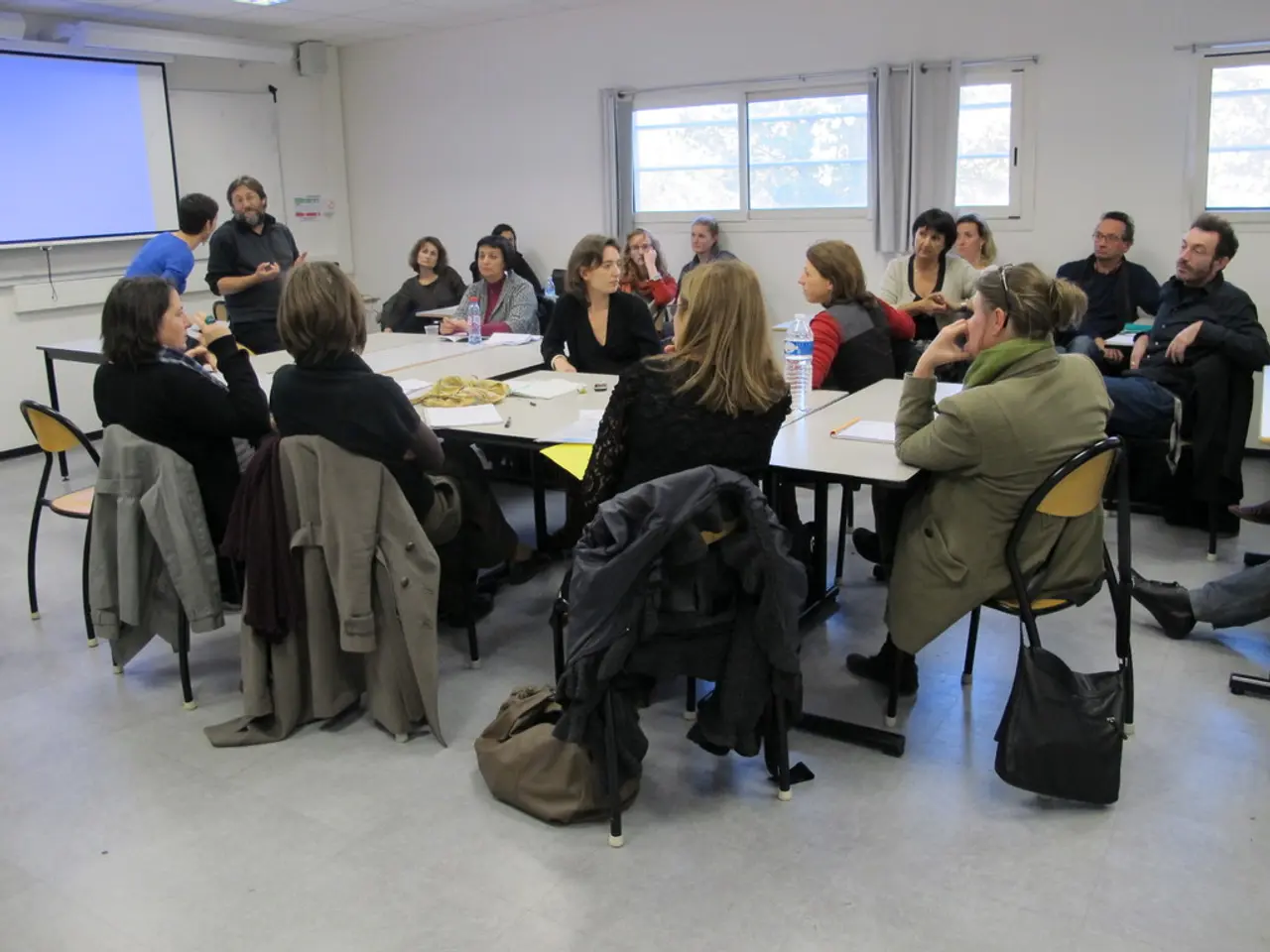Establishing a Home Environment Built on Respect: 7 Potent Methods
Creating a home that fosters respect, love, and open communication requires intentional efforts and a focus on both practical and emotional aspects of family life. Here are seven strategies that can help families build a respect-focused home environment.
## Prioritizing Presence and Connection
- **Being Present**: Make time for your family, putting aside distractions like phones and work, to show that they matter most. This presence lays the groundwork for trust and respect. - **Shared Activities**: Engage in activities together, such as playing, working, and solving problems, to strengthen bonds and mutual understanding. - **Quality Time**: Regularly spending meaningful time together, especially in activities everyone enjoys, fosters closeness and emotional safety.
## Modeling Respectful Behavior
- **Lead by Example**: Children observe and mimic adult behavior. Display kindness, honesty, patience, consistency, clear communication, and empathy to encourage these qualities in your children. - **Examine Your Actions**: Regularly reflect on how your own actions and words influence your children’s development and the family environment.
## Establishing Clear, Consistent Boundaries
- **Set Clear Rules**: Clearly defined boundaries help manage expectations and build mutual respect between parents and children. Consistency is key—rules should be applied fairly and calmly. - **Communicate Boundaries with Respect**: Use calm, respectful dialogue to explain boundaries, emphasizing that they exist to create a safe and positive environment for everyone. - **Enforce Boundaries without Harshness**: Boundaries should be maintained without threats, yelling, or harsh punishment. Positive discipline approaches encourage respect while maintaining accountability.
## Fostering Open, Honest Communication
- **Encourage Open Dialogue**: Create an environment where all family members feel safe to express thoughts, feelings, and concerns without fear of judgment. - **Practice Active Listening**: Show genuine interest and validate others’ perspectives, which builds trust and strengthens relationships. - **Use “I” Statements**: Express your own feelings and needs with phrases like “I feel…” or “I need…,” which reduce blame and defensiveness.
## Cultivating Emotional Intelligence
- **Promote Self-Awareness**: Encourage family members to recognize and articulate their emotions, which helps manage reactions and reduce conflict. - **Develop Empathy**: Teach and model the ability to understand and share the feelings of others, fostering compassion and patience, even during disagreements. - **Practice Emotional Regulation**: Demonstrate how to stay calm and handle stress constructively, which sets a tone of respect and safety in the home.
## Supporting Individual Needs and Self-Care
- **Respect Differences**: Recognize and accommodate each family member’s unique personality, background, and evolving roles. - **Encourage Self-Care**: Allow space for personal time, ensuring everyone can recharge and care for their mental and emotional well-being.
By modeling respect, setting fair boundaries, and nurturing emotional intelligence, families create an environment where everyone feels valued, heard, and safe. These strategies not only foster deeper relationships but also prepare children to carry these values into the wider world.
- To ensure the successful implementation of these strategies, it's crucial to invest in personal growth and education-and-self-development, cultivating one's own communication skills, empathy, and emotional intelligence.
- Encouraging health-and-wellness practices that prioritize mental health, such as regular exercise and mindfulness, can further foster a positive home environment.
- In the pursuit of a respectful home, it's essential to prioritize equal opportunities and equality within the family, allowing each member to contribute and grow without feeling undermined or overlooked.
- By promoting science and critical thinking, families can help their children navigate complex issues and make informed decisions in their relationships and lifestyle choices.
- Conflict resolution techniques, learned through education-and-self-development, enable families to manage disagreements respectfully, teaching valuable life skills and preserving the bonds of the family.
- In the long run, a home that nurtures mutual respect, open communication, and emotional growth contributes significantly to the overall well-being and personal development of each family member, setting a strong foundation for their future relationships.




